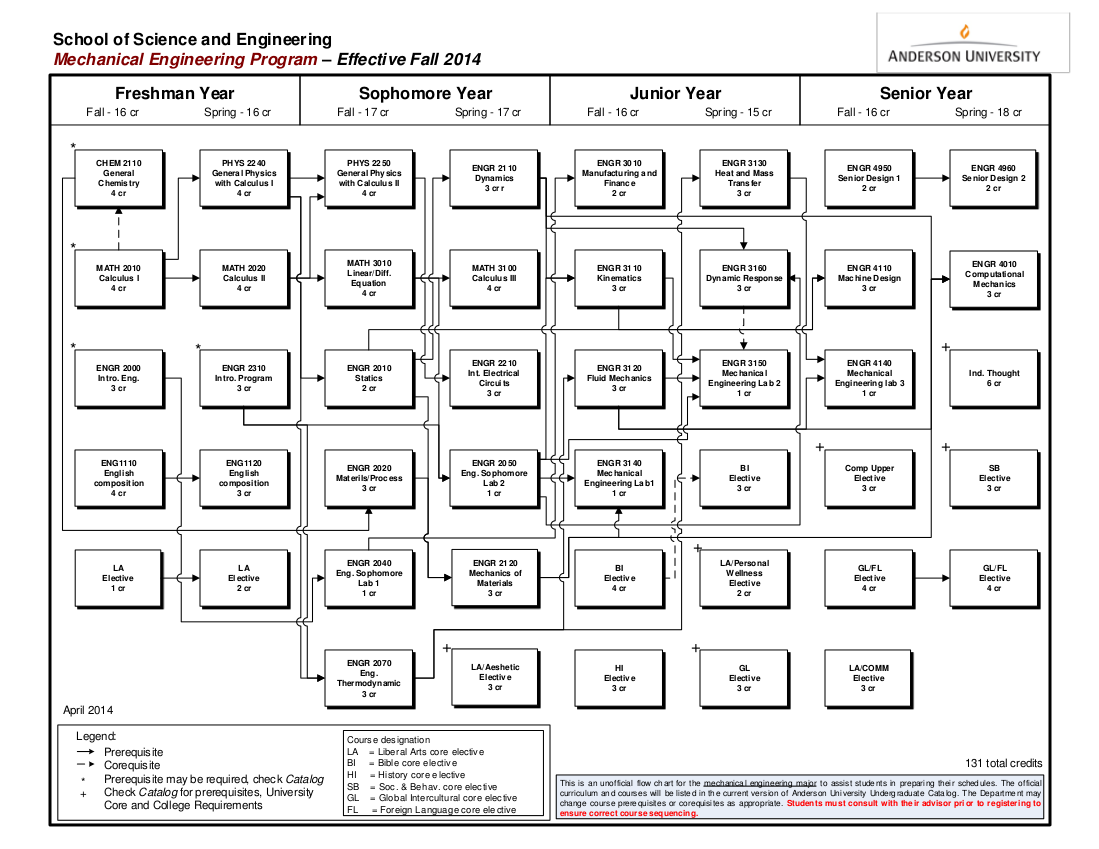Accreditation Board for Engineering and Technology
Information about accreditation and our efforts in this process.
Mission, Vision, & Goals
Mission:
The Mission of AU Engineering is to develop highly-qualified, innovative, servant leaders.
Living the Mission:
- Highly Qualified Engineers
- We provide a Christ-centered, holistic education, grounded in the liberal arts that inspires students toward excellence and integrity and continued learning in Engineering.
- Innovative
- We model resourceful, pioneering and creative thinking to uniquely mentor students to deal with the challenges of vocation, life and community
- Servant Leaders
- AU Engineering Graduates understand and demonstrate their responsibility to use the skills they acquire while at AU to serve mankind with “Christ-like Character” (II Peter 1:1-11)
Objectives:
- Theoretical Knowledge
- Students will have advanced mathematical, scientific, and engineering skills including significant design, problem solving, and data processing ability built upon a liberal arts foundation.
- Practical Experience
- Students will have significant hands-on experiences, driven by laboratory exercises, research assistantships, internships, project management, and interdisciplinary opportunities.
- Grounded in Faith
- Students will be life-long learners who, through the lens of a Christian worldview, will recognize God’s calling on their lives to serve the Church and society.
Student Outcomes
- Ability to apply mathematics, science and engineering principles.
- Ability to design and conduct experiments, analyse and interpret data.
- Ability to design a system, component, or process to meet desired needs.
- Ability to design a system, component, or process with limited resources.
- Ability to function on multidisciplinary teams.
- Ability to identify, formulate and solve engineering mechanics problems.
- Ability to identify, formulate and solve thermal engineering problems.
- Understanding of professional and ethical responsibility.
- Ability to communicate effectively in speech.
- Ability to communicate effectively in writing.
- The broad education necessary to understand the impact of engineering solutions in a global and societal context.
- Recognition of the need for and an ability to engage in life-long learning.
- Knowledge of contemporary issues.
- Ability to use the techniques, skills and modern engineering tools necessary for engineering practice.
- Appreciation for the concept of a Christ-centered life and Servant-Leadership.

